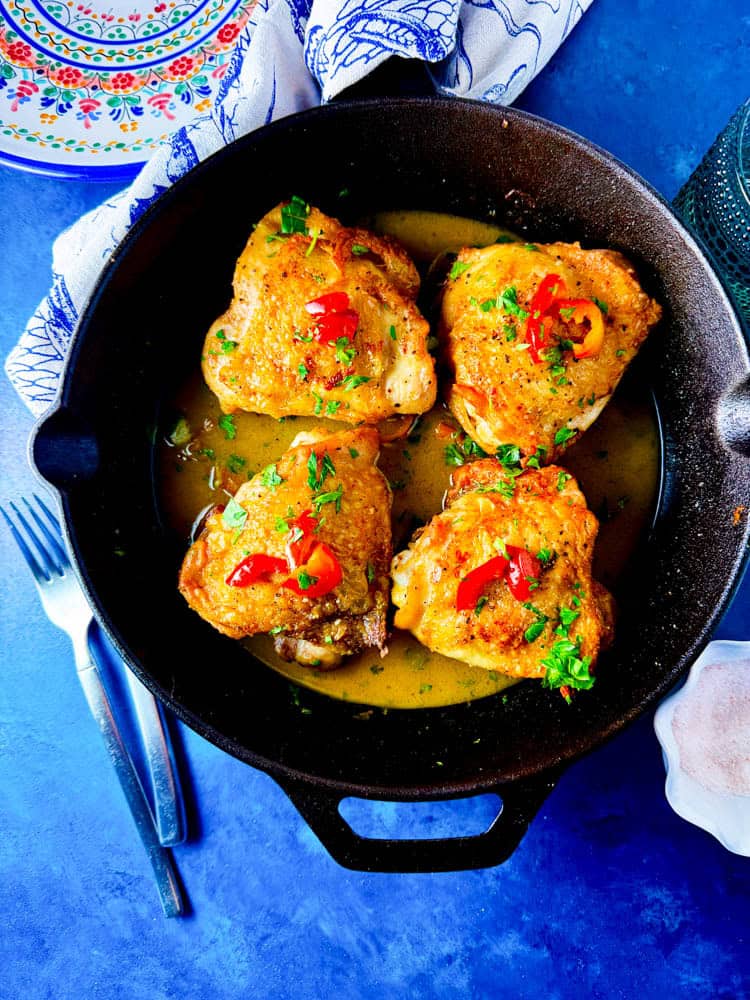This Is How Long You Should Boil Eggs for Deviled Eggs, According to a Southern Chef


I’ve been on a recent quest to perfect deviled eggs. Why? Because I didn’t really have any exposure to the delectable little treats growing up, so once I discovered just how succulent and silky the eggy bites were, I couldn’t get enough.
As it turns out, making good deviled eggs isn’t an easy task. In fact, the multi-step process can be pretty tricky—the hardest part being the actual cooking of the eggs.
I turned to a true deviled egg expert to get the inside scoop on preparing the classic dish. Jenny DeRemer is a food writer, recipe developer, and creator of the food blog Not Entirely Average, and she specializes in Southern cuisine. DeRemer has loads of experience whipping up deviled eggs, so she has some seasoned advice on cooking eggs for deviling.
How Long You Should Cook Eggs for Deviled Eggs
“In the South, deviled eggs are basically a given,” DeRemer says. “Picnic, wedding, funeral—doesn’t matter, there’s always a tray of them sitting front and center.” She goes on, “Every family has their own way of making them, whether it’s extra mustard, a splash of pickle juice, or a classified ingredient nobody will admit to.”
But for DeRemer, the secret to the flawlessly prepared deviled egg lies in the cooking. In fact, there is a very clear set of steps she takes to ensure their perfection.
“I begin by placing eggs in a pot covered with cool water by about one inch,” she explains. “Then I set the stove to high and bring the water and eggs to a boil.” Right when the water begins to boil, DeRemer cuts off the heat and immediately starts her timer for exactly 12 minutes.
“Don't remove the pan from the burner because that residual heat is what is going to gently cook those eggs,” she advises. Once the timer goes off, the eggs should be placed in cold water for eight to 10 minutes to stop the cooking process and make shell removal seamless.
Cook time is particularly important for deviled eggs because if the eggs are undercooked, the piped filling might not hold its shape, and you potentially run the risk of a foodborne illness. Conversely, if you overcook the eggs, not only will the whites become rubbery and taste more eggy, but you’ll also “end up with gray or green yolks,” says DeRemer.
More Expert Tips for Making Perfect Deviled Eggs
To remove the shells, “'Roll' the eggs against the bottom of the pan or bowl gently while still submerged. The shells should be very well fractured to peel easily.” Once the shells are removed, you can halve the eggs. Then, “Pop out that still warm yolk and mix with my favorite mayo, Duke’s, and a scant amount of mustard for a creamy filling.”
Finally, pipe your filling into the empty centers and rest assured, says DeRemer, “These deviled eggs are bound to be the first thing to disappear at any gathering.”























































